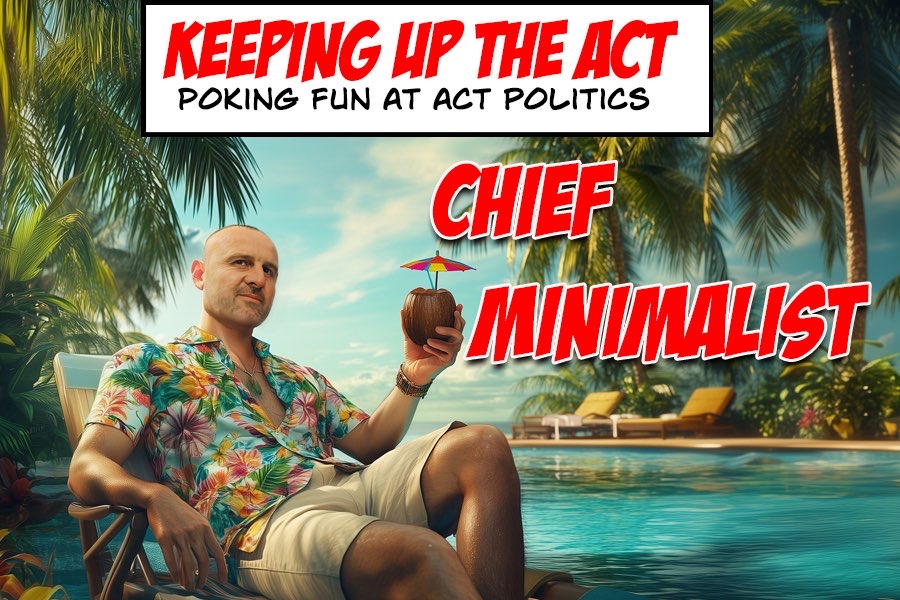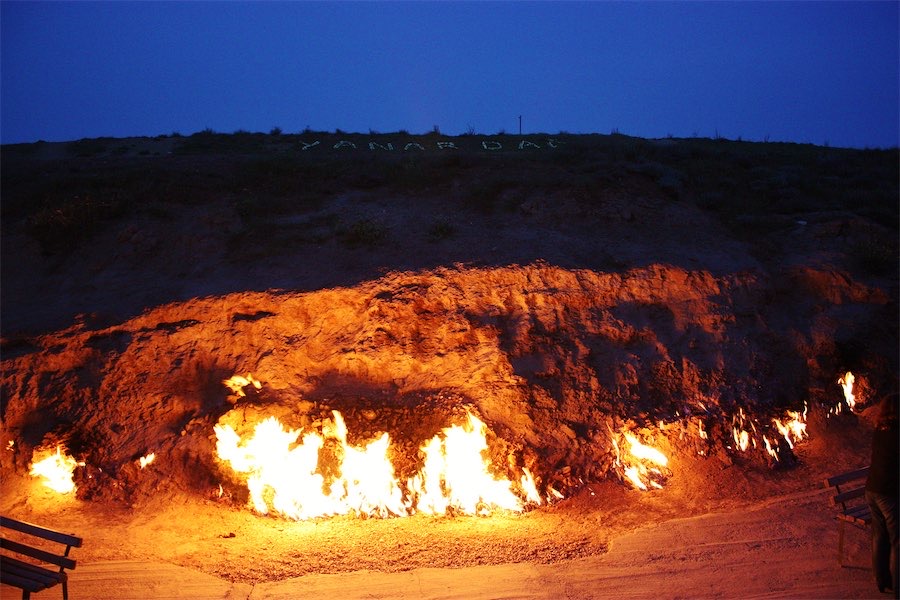
“He went back for his hat and got mauled. He’s gone back again. Perhaps he sees himself as a Daniel in the lion’s den. If so, he missed the vital point that Daniel was protected, he is not,” writes legal columnist HUGH SELBY.
I get why he has appealed. This is the last throw of the dice. From his perspective he must throw it. There will be no more chances to undo the branding on his forehead*. The stigma is clear to all.

But I wouldn’t put any money on a win or even a facesaver.
He went back for his hat and got mauled. He’s gone back again. Perhaps he sees himself as a Daniel in the lion’s den. If so, he missed the vital point that Daniel was protected, he is not.
There are two courts that will decide his appeal. There is the one to which he has appealed, that being three judges of the Federal Court. They will decide his case according to law. That is, they will evaluate his grounds of appeal by reviewing the evidence against the applicable legal rules.
If he appears as a self-represented appellant they will bend over backwards to give him a fair hearing. That said, they cannot descend into the “den”. We have an adversarial system and if he chooses to come unassisted by “experience” that is his choice.
From the information given in The Australian on Friday: “Mr Lehrmann will claim Justice Lee’s ultimate findings (as to his raping her on the civil standard) were never put to him in cross-examination, and he was therefore denied procedural fairness. [This is a rule of fairness ground.]
“He will also argue there were serious credibility issues with (her) evidence, specifically in relation to an image of a bruise she shared with The Project team …” [ This is a “you cannot prefer her evidence over mine” point.]
But there’s another court, one that lacks formality, but hears its cases in cafes, bars, gyms, on talkback radio and public transport. In that court of public opinion here’s how his case may play out.
Fairness before finding that he knew she was drunk
You’ll recall that the defamation judge prepared a simple timeline table of what alcohol she drank during the night: at home, at the bars, and probably at Parliament House.
That was a stroke of genius: hindsight makes it so obvious as an essential task, but it seems to have been overlooked until there it was, so clear, so damning, in the decision: so much alcohol that she was incapable of giving consent to a sexual act.
He said he hadn’t plied her with drinks. Early in this saga, well before the defamation hearing, that claim had legs. The evidence seemed to show that he had spent very little. However, in his defamation claim the combination of payment receipts, CCTV clips, and his evidence about the drinks at Parliament House rebutted that claim. Bluntly, he was caught out by the evidence. That’s fair.
Credibility – his and hers
If her believability is awful, his is rock bottom. That she departed from the truth in so much of what she said after the event doesn’t much matter when considering what happened in that room in Parliament House.
The alcohol drinks table is the independent, does-not-lie evidence in this case. It serves the same purpose as fingerprinting or DNA or other forensic evidence: it explains and it fills in the gaps.
He always said that nothing happened. She was found in a state of undress, left alone, in a drunken daze. What little she could remember is more believable than his story of what happened before, and in that room.
The bruise is a red herring.
Will any unassuming, competent barrister come forward to run the appeal for him for no fee? The grounds are few, the pieces of relevant transcript would not require much time to master. The appeal court will be assisted by such experience. In the “finest traditions of the bar” that’s what should happen, but will it?
Why is he still a law student? He’ll find it very hard this next decade to persuade an admission board that he can meet the prerequisite to practice as a lawyer, that being a “fit and proper” person. Lee’s judgment is damning.
As for posterity, the real appeal court, not that of public opinion, may hand down a decision that both usefully explains what fairness requires when posing questions at a hearing, and offers insights on issues of “believability” in hearings.
That will be of value to other law students, but not to him. The appeal case will bear his name, a name that will live on, but not on the honour board of Daniels.
By the way, remember Fiona Brown, the staffer whose job and reputation were unfairly trashed by “she I will not name”? I wonder whether the attorney-general and the finance minister have invited her to make an application for an act of grace payment. I hope so.
Unlike so many others in this tawdry tale, Ms Brown has a real entitlement.
(*That on the civil standard of “balance of probabilities” he raped her, being reckless as to her consent being given or not.)
Former barrister Hugh Selby is the CityNews legal columnist. His free podcasts on “Witness Essentials” and “Advocacy in court: preparation and performance” can be heard on the best known podcast sites.
Who can be trusted?
In a world of spin and confusion, there’s never been a more important time to support independent journalism in Canberra.
If you trust our work online and want to enforce the power of independent voices, I invite you to make a small contribution.
Every dollar of support is invested back into our journalism to help keep citynews.com.au strong and free.
Thank you,
Ian Meikle, editor





Leave a Reply